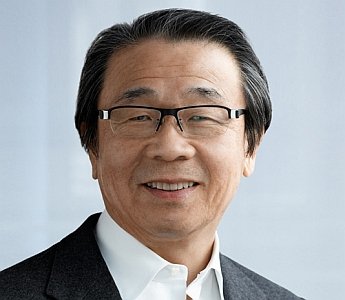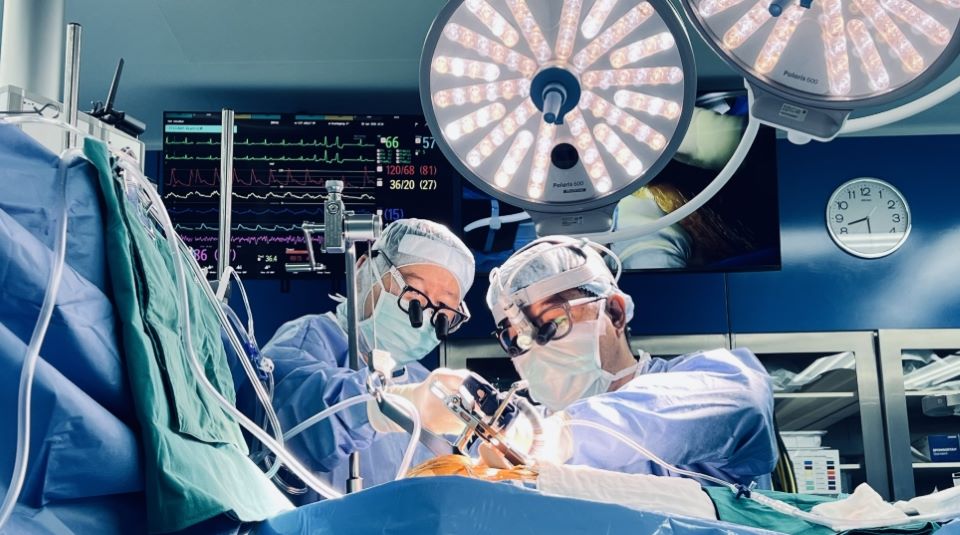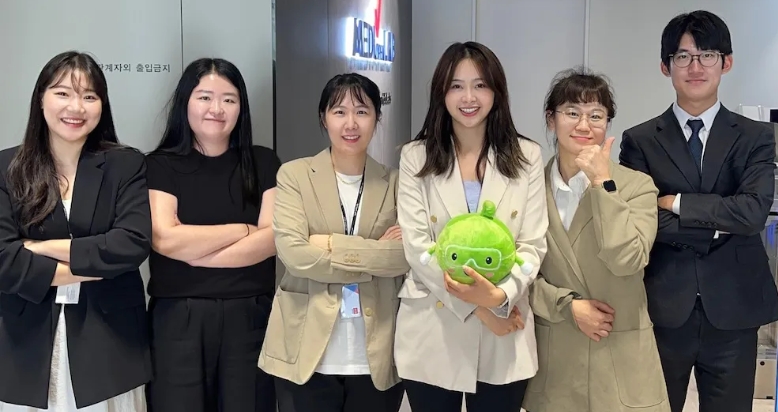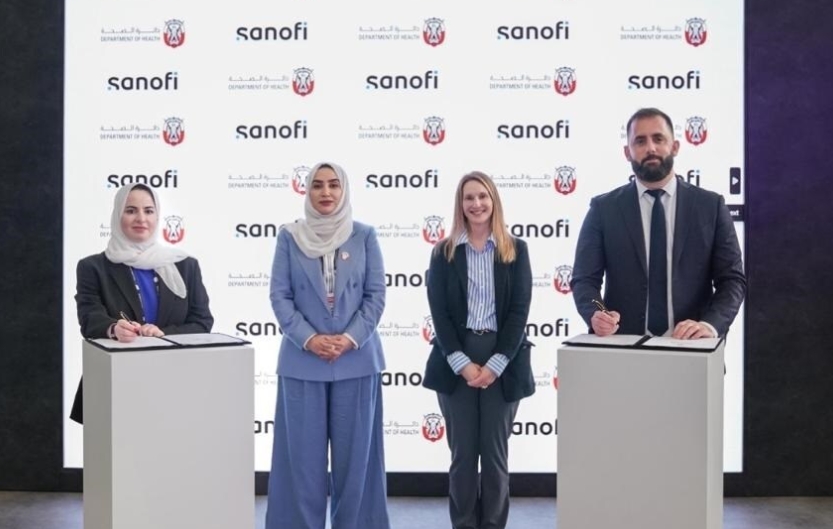
Japan's Chugai Pharmaceutical, which pursues cutting-edge biopharmaceutical, antibody, and molecular targeted research technologies, recently expanded its presence in Singapore with a satellite research institute. The Chugai Pharmabody Research (CPR) center has the potential to create innovative antibody drugs and dramatically improve therapeutic effects using Chugai's novel antibody engineering technologies.
At a time when pharma giants are battling the challenge of a drying R&D pipelines, the company is undertaking measures to create original and innovative drugs, both in Japan and overseas, particularly to address unmet medical needs.
In an email interview with BioSpectrum Asia, Mr Osamu Nagayama, chairman, president and CEO of Chugai Pharmaceutical, shares the company's plans in Asia and in antibody development.
Chugai recently opened a research center in Singapore. What will be the focus area of the center?
In Singapore, we aim to generate potential new antibody candidates at Chugai Pharmabody Research (CPR) to help Chugai fulfill its commitment towards developing new antibody candidates. CPR has a specific mission to create new antibody candidates for development, utilizing Chugai's state-of-the-art proprietary antibody engineering technologies: Recycling Antibody and Sweeping Antibody technologies. These technologies are among the most important achievements in Chugai's more than 20-year history in the field of biopharmaceutical research.
Recycling antibodies are antibodies that can bind to the antigen multiple times by recycling the antibody. Conventional antibody can bind to the antigen only once. Sweeping antibodies are those that can actively eliminate the target antigen from the plasma in addition to binding to the antigen.
These technologies will expand and broaden the possibilities of making significant improvements in therapeutic effects in numerous diseases that were previously considered impossible with conventional antibodies. At CPR in Singapore, we will focus on creating these candidate antibodies for the first few years, after which we will conduct clinical trials.
Do you intend to expand operations in other region besides Singapore?
Chugai has satellite research centers in Singapore (PharmaLogicals Research), South Korea (C&C Research Laboratories) and Japan (Forerunner Research), as well as development and sales and marketing operations in Taiwan and China.
Chugai is committed to invest $160 million (S$200 million) over the next five years in Singapore, and this will be the focus of our operations in this region. Our priority is to ensure results and success of our existing operations.
How far do you think technological advancements are important in developing new therapies for difficult to treat diseases?
Finding new therapies is very challenging, but technologies such as cell therapy and DNA therapy among other new technologies can overcome these challenges. We believe we can conquer the treatment of difficult-to-cure diseases step-by-step, over a period of time. Chugai aims to target diseases that have high unmet medical needs by utilizing its strength in biopharmaceutical research and in small-molecule research gained from strategic alliance with Roche.
Chugai and Roche have a research collaboration in both small molecules and in non-small molecules since 2003 and 2004, including mutual access to both research resources, such as the world's top class chemical compound library with the size of two million compounds.
Chugai has created the first antibody drug generated in Japan, Actemra, which is a treatment for rheumatoid arthritis. It was first launched in Japan in 2005 for Castleman's disease and then for rheumatoid arthritis in 2008. It is now approved in more than 100 countries worldwide.
Based on our experience in biopharmaceutical field since 1980s, Chugai created the "recycling" and "sweeping" antibody engineering technologies. These technologies are expected to enable targeting of new diseases that were impossible to treat with the conventional antibody.
Also, there is personalized healthcare. This will be one of the core strategies that can maximize the value of our products. The personalized healthcare approach will enable patients to have access to the best treatment available, enable physicians and healthcare providers to achieve maximum benefit and minimum side effects from a treatment, enable payers to use healthcare budgets efficiently, and enable regulators and policy makers to achieve increased efficacy and safety.
We are partnering with the Roche Group's diagnostics division to develop diagnostics that screen for specific molecules, which will be utilized as companion diagnostics.
What kind of potential do you see for Asia in the development of antibodies?
When considering venturing into the antibody business, we have to take into account manufacturing as it is a very important aspect. Countries such as Singapore and South Korea have established manufacturing capabilities by accumulating such technologies in this area. This is a key step to approach antibody development.
Moreover, South Korea is now starting to develop capabilities in the biosimilars business. On the other hand, Singapore has attracted several research divisions of the world's leading antibody developers and has established a position as the R&D hub in Asia. Strengths in manufacturing functions in biopharmaceuticals would be a key factor to win the competition in this area.
In terms of challenges, individual countries, on their own, have limitations. Thus, cooperation among the countries in the Asian region is important to create antibodies that originate from Asia. For example, Japan has capabilities in basic research in developing and creating innovative drugs. Singapore and South Korea have manufacturing capabilities and other Asian countries have improved its clinical development capabilities in the past few years. Therefore, if these strengths are combined, we will gain more capabilities to generate antibodies in this region.
Chugai's strategy is to pursue innovation to create new antibodies utilizing new technology. Thus, we established Chugai Pharmabody Research to generate new antibody candidates with the potential to reach the global markets from the support from Singapore and Chugai.
The pipeline for innovative drugs is drying? Does this give you an edge in the industry as an innovator?
It is true that the industry is seeing fewer breakthroughs in discovery of new drugs amidst increase in R&D expenditure. But we think that we are on the verge of discovering new technologies. For example, second generation antibody technology or new iPS technology are now in developmental stages, and it could potentially be a few more years before we can use them practically for medical treatment. As soon as the development stages are complete, we expect they will feed the pipeline. The drying up of innovative drugs is perhaps just a temporary phenomenon.




